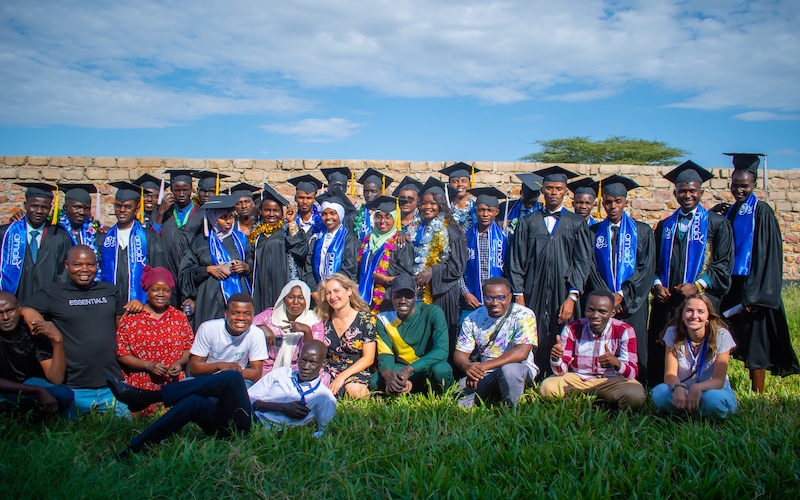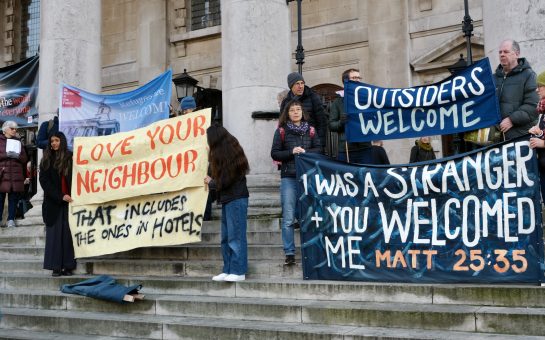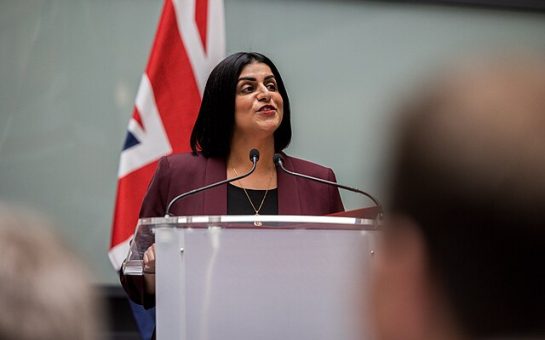A charity originating in London is improving access to secondary education for young refugees and allowing them continue studies at universities worldwide.
Amala Education, which has its roots in London, has expanded around the world and provides a Global Secondary Diploma (GSD) programme which propels refugee youth to pursue education in colleges and universities.
In February 2024, Amala gained accreditation by the Council of International Schools (CIS) and the New England Association of Schools and Colleges (NEASC), which gives the secondary school credibility for admission to notable universities.
Since 2017, Amala co-founders Mia Eskelund and Polly Akhurst have worked diligently to develop the program and were delighted to celebrate their extraordinary milestone.
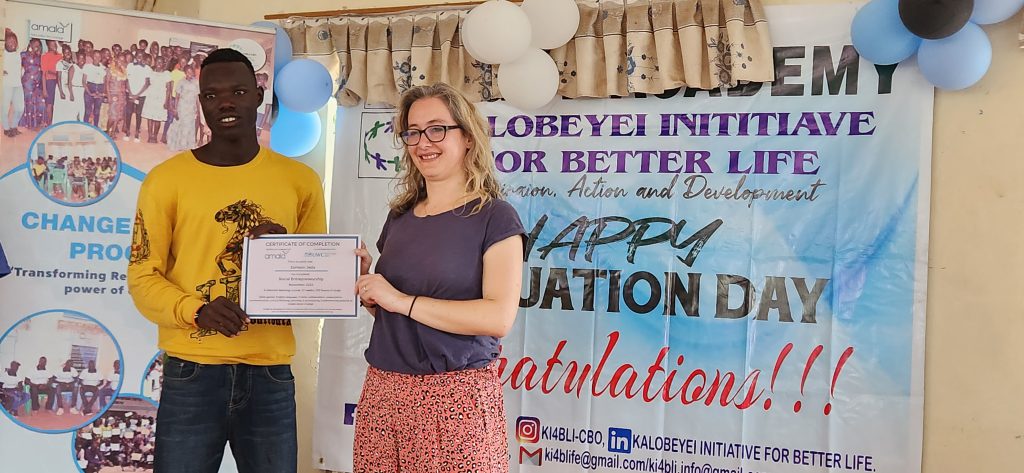
Eskelund said: “During the accreditation visit, one of the evaluators was talking to our students and saying, ‘we’ve visited hundreds of international schools around the world we know what high-quality learning looks like, and what we can tell you is that what you’re receiving here is a world-class education’.”
What sets Amala education apart from other non-governmental organisations striving to dismantle barriers to refugee education is their aspiration to teach more than basic literacy.
Amala’s Changemaker program aims to provide practical skills, teaching subjects such as maths for change, peace-building, ethical leadership, and social entrepreneurship.
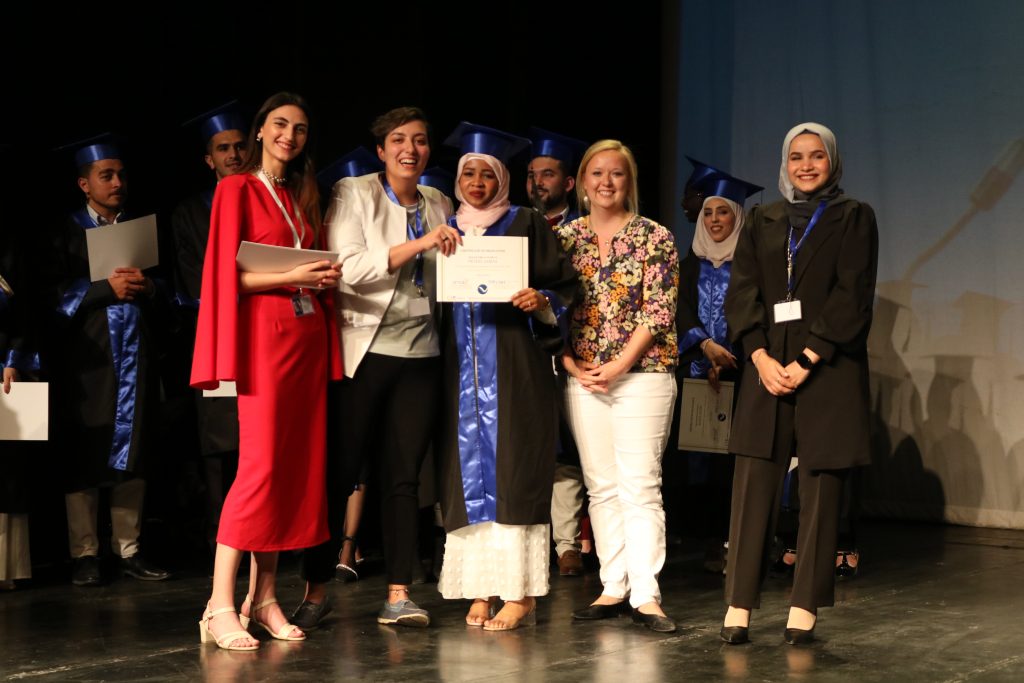
Both the CIS and NEASC will continue to partner with Amala to promote their unique model and expand their impact.
Eskelund said: “It feels amazing because we are providing opportunities to young people and that will expand the opportunities that they have access to.
“Having someone external examine us closely over three years, was a really big achievement.”
Through their Global Secondary Diploma Program, Amala alumni have been given scholarships to London-based universities, with two now studying for a BSc in business administration at Royal Holloway, University of London, including Hasan Matroud, a 25-year-old based in Jordan.
Matroud said: “Each one of us will have opportunities at some point in our life, so keep working on yourself, improve your skills, and be ready to take the opportunity when time allows.
“Even if you don’t have something specific shortly, keep believing in yourself, because, at some point, you will need those skills to achieve your dream.”
After studying at Royal Holloway he plans to give back to the refugee community.
Matroud said: “I want to continue working in the humanitarian sector and help as many people as I can and also to make a huge impact in the community and in the world around me.”
Amala education has now reached over 4400 students in 11 countries worldwide and trained over 200 teachers.
Forty-eight percent of alumni from their Global Secondary Diploma (GSD) program are now in further education and training, including higher education, and vocational training, and are now trained in English and ICT.
Another 40% of GSD alumni are in employment, including traineeships or internships.
Furthermore, 44% of alumni lead social enterprises and initiatives, many originating as Amala projects. These ventures impact communities and create sustainable livelihoods.
The United Nations (UN) Refugee Agency has proposed a goal that 15% of refugees should be in higher education by 2030.
Eskelund explained that on a global scale, 7% of refugees access tertiary education, which is a lot lower than the non-refugee population.
She said: “About 20% of Amala alumni are in higher education after graduation, which compared to your average sort of high school may seem low, but on a global average, it’s a stat that we’re very proud of.
“We see that statistic rise to 40% two years after graduation in Jordan”.
She stated that 19 of the 48% of GSD alumni entering further education have gone on to universities and other tertiary institutions in Jordan, Kenya, France, Canada, and the UK.
That is 12% higher than the worldwide average for refugees and significantly above the goal set by the UN.
Eskelund said: “We also have a long way to go because the problem we’re trying to solve is unfortunately just getting bigger.
“But at the same time, we feel hopeful because our students and alumni are committed to making the world a better place, and there’s a need for young people like that.
“But with the accreditation, we have faith, belief, and a strategy that we believe our solution can be scaled.
Eskelund added: “One of our alumni reached out to me yesterday saying, refugee youth with no educational pathway often feel lost and useless.
“He said that Amala has reignited his purpose for pursuing education.”
